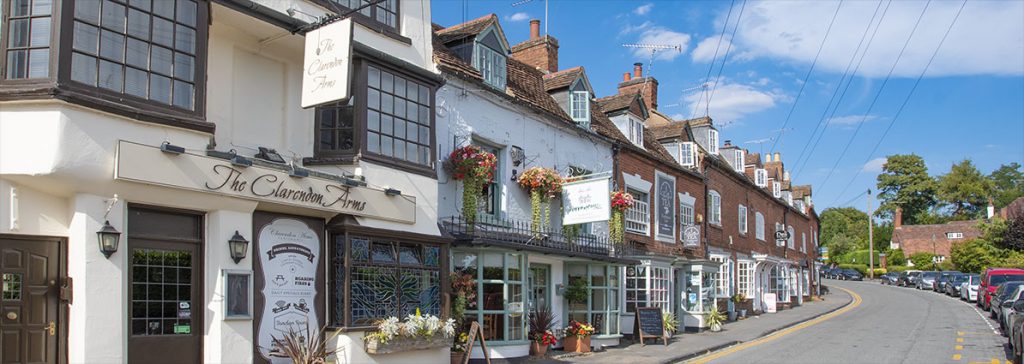
When it comes to selling a property, especially in the middle to higher end market in Coventry and its surrounding areas, the decision to employ a local estate agent can significantly impact the outcome of your sale. The expertise and services offered by a high-quality local estate agent go beyond the simple act of listing a property. They encompass premium marketing strategies, in-depth local market knowledge, and a level of personalised service that can be pivotal in achieving a successful sale. Here, we delve into the reasons why opting for a local estate agent, despite a potentially higher commission, is a worthwhile investment for sellers of premium properties.
Premium Quality Marketing
In the competitive real estate market, the way a property is presented can make a substantial difference in attracting the right buyers. Local estate agents specializing in the upper-tier market possess the tools and expertise to create high-quality, compelling marketing materials. From professional photography and virtual tours to bespoke brochures and targeted online advertising, these agents ensure that your property stands out in the crowded marketplace. This level of marketing sophistication is crucial for premium properties, where the target buyer’s expectations are significantly higher.
In-depth Local Market Knowledge
Local Coventry estate agents bring invaluable insight into the area’s property market dynamics. Their understanding of local trends, pricing strategies, and buyer demographics is accumulated through years of experience and continuous market analysis. This knowledge enables them to accurately value your property, ensuring it is priced competitively yet attractively to potential buyers. Additionally, their awareness of upcoming developments and local amenities can be leveraged to highlight the unique selling points of your property, further enhancing its appeal.
Personalised Service
Selling a premium property requires a tailored approach. Local estate agents provide a level of personalisation and dedication that is often missing in broader, more generic services. They take the time to understand your specific needs and preferences, offering guidance and support throughout the entire selling process. This includes selecting the right marketing strategies, conducting viewings with potential buyers, and negotiating offers to ensure you achieve the best possible outcome. Their commitment to your sale is a testament to the value they place on client satisfaction and success.
Quicker Sale and Higher Sale Price
Ultimately, the combination of premium marketing, local expertise, and personalised service increases the likelihood of a quicker sale and a higher sale price. While the initial cost of hiring a local estate agent may be higher due to their commission, the return on this investment can be substantial. A well-marketed property, priced accurately and promoted by an agent with a deep understanding of the local market, is more likely to attract serious buyers willing to pay a premium. Furthermore, the agent’s negotiation skills can ensure that the final sale price reflects the true value of your property.
Conclusion
In the competitive and nuanced market of Coventry and its surroundings, selling a middle to higher-end property demands a strategic approach. Partnering with a local estate agent who offers premium marketing, possesses local market knowledge, and delivers personalised service can make a significant difference in the success of your sale. Although the cost of their commission may seem like a considerable outlay initially, the value they bring in terms of achieving a quicker sale and securing a higher sale price cannot be understated. Investing in quality estate agent services is not merely an expense but a strategic decision that is likely to be more than repaid in the sale’s outcome.















